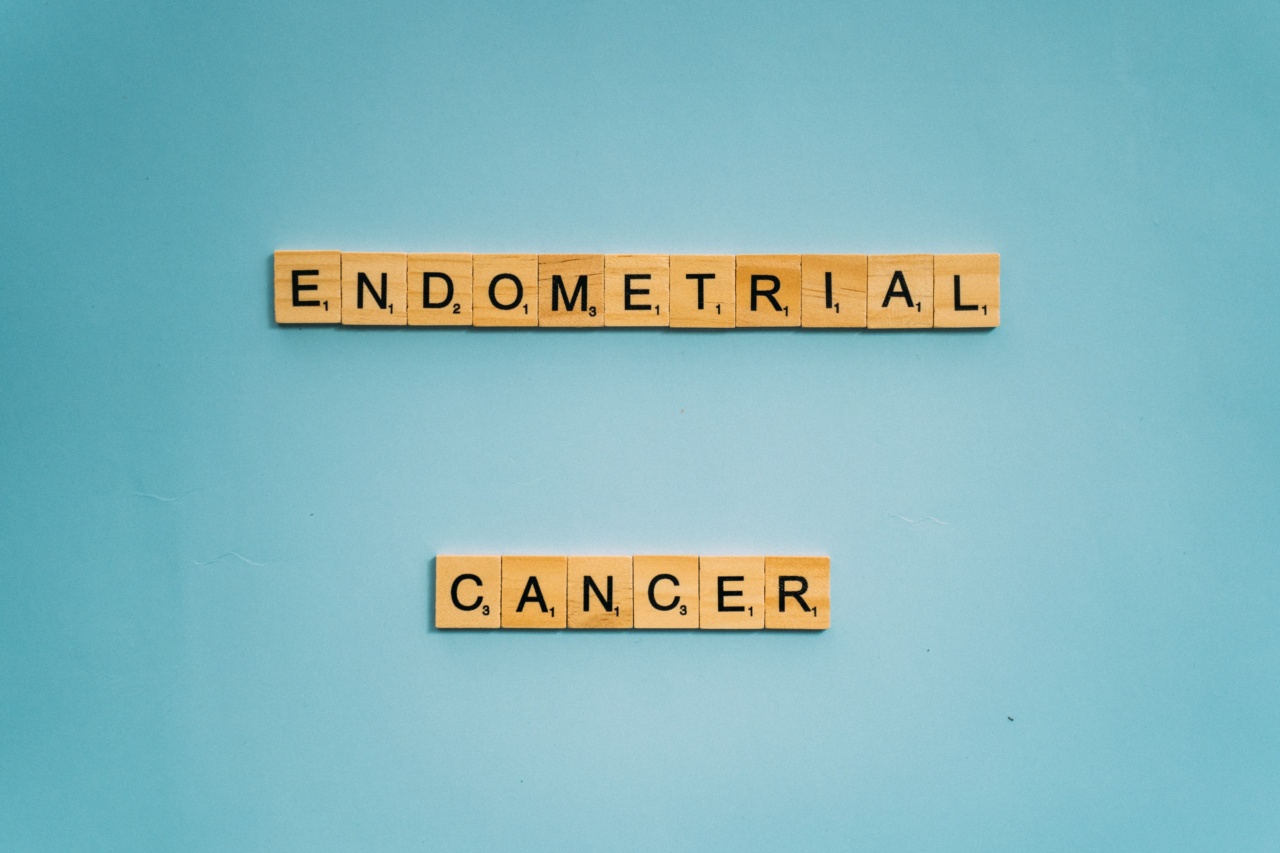Endometrial cancer is a type of cancer that affects the lining of the uterus. This type of cancer is the most common type of uterine cancer and affects women primarily between the ages of 50 and 70.
While there is no single cause of endometrial cancer, several risk factors have been identified, including obesity.
In fact, studies have shown that overweight and obese women are at a greater risk of developing endometrial cancer than their peers with a lower body mass index.
What is Endometrial Cancer?
Endometrial cancer is a cancer that begins in the lining of the uterus, which is called the endometrium. The uterus is the female reproductive organ that holds and nourishes the developing fetus during pregnancy.
The endometrium is the tissue that lines the inside of the uterus and thickens during the menstrual cycle to prepare for pregnancy.
Endometrial cancer most commonly affects women after menopause, although it can occur in women of any age.
Common symptoms of endometrial cancer include vaginal bleeding or discharge after menopause, painful urination, pelvic pain, and pain during intercourse.
What Causes Endometrial Cancer?
While the exact cause of endometrial cancer is unknown, several factors have been identified as potential risk factors for the disease. Some of these risk factors include:.
- Obesity
- Age (most cases occur in women over 50)
- Diabetes
- Family history of endometrial cancer
- History of endometrial hyperplasia (a condition where the lining of the uterus becomes too thick)
- History of breast or ovarian cancer
The Link Between Obesity and Endometrial Cancer
Obesity is a well-known risk factor for a variety of health conditions, including heart disease, diabetes, and some types of cancer. However, the link between obesity and endometrial cancer is particularly strong.
Studies have shown that women who are overweight or obese are at a greater risk of developing endometrial cancer than women who maintain a healthy weight.
The reason for this increased risk is thought to be related to the excess estrogen produced by fat cells. Estrogen is a hormone that is involved in the menstrual cycle and is responsible for thickening the lining of the uterus each month.
When there is excess estrogen in the body, it can cause the lining of the uterus to grow and thicken, increasing the risk of cancer.
Additionally, obesity is associated with insulin resistance, which can lead to high levels of insulin in the body. High levels of insulin can also lead to an increase in estrogen production, further increasing the risk of endometrial cancer.
Reducing Your Risk of Endometrial Cancer
While there is no surefire way to completely prevent endometrial cancer, there are several steps you can take to reduce your risk of developing the disease. These steps include:.
- Maintaining a healthy weight
- Exercising regularly
- Eating a healthy diet
- Managing chronic health conditions, such as diabetes, that can increase your risk of endometrial cancer
- Scheduling regular gynecological exams and reporting any unusual symptoms to your doctor as soon as possible
The Bottom Line
Endometrial cancer is a type of cancer that affects the lining of the uterus. While the exact cause of the disease is unknown, several risk factors have been identified, including obesity.
Women who are overweight or obese are at a greater risk of developing endometrial cancer than women who maintain a healthy weight. By maintaining a healthy weight, exercising regularly, and eating a healthy diet, women can reduce their risk of developing endometrial cancer and other health conditions.






























